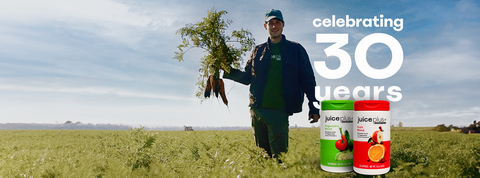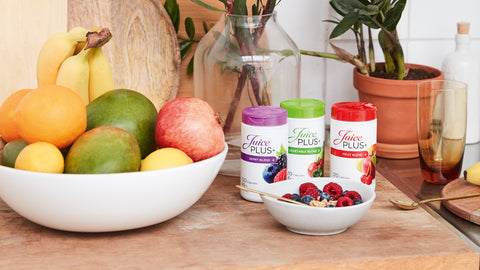Skip to content

Jun 02, 2025

Apr 01, 2025

Mar 18, 2025

Jun 02, 2025

Jun 02, 2025

May 06, 2025

Jun 05, 2025

Jun 05, 2025

May 29, 2025

Apr 01, 2025

Mar 06, 2024

Mar 04, 2024

Apr 24, 2022

Oct 18, 2019

Jan 21, 2019

Jan 21, 2019

Jan 21, 2019
Go to top
Top
Are you sure you want to change the country?
- Your cart will be cleared
- you will need to change your default address to shop in a different country.
 English
English
















